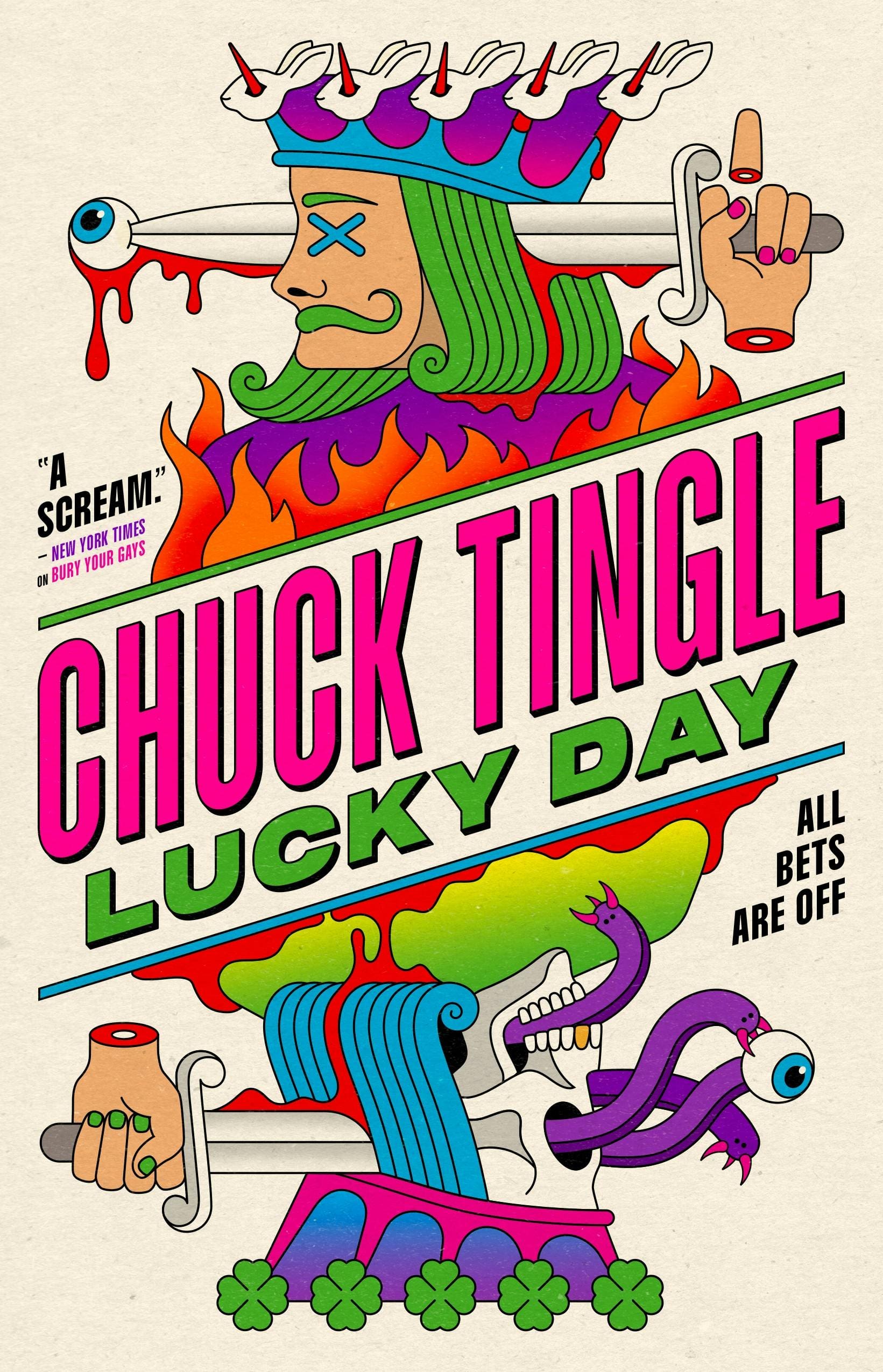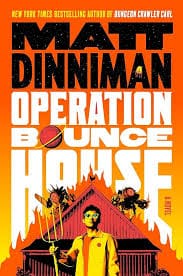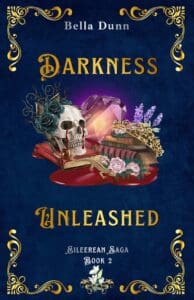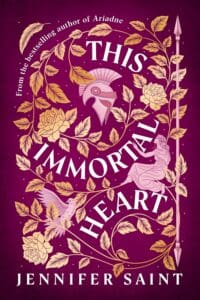
Synopsis:
Four years ago, an unthinkable disaster occurred. In what was later known as the Low-Probability Event, eight million people were killed in a single day, each of them dying in improbable, bizarre ways: strangled by balloon ropes, torn apart by exploding manhole covers, attacked by a chimpanzee wielding a typewriter. A day of freak accidents that proved anything is possible, no matter the odds. Luck is real now, and it’s not always good. Vera, a former statistics and probability professor, lost everything that day, and she still struggles to make sense of the unbelievable catastrophe. To her, the LPE proved that the God of Order is dead and nothing matters anymore.
When Special Agent Layne shows up on Vera’s doorstep, she learns he’s investigating a suspiciously―and statistically impossibly―lucky casino. He needs her help to prove the casino’s success is connected to the deaths of millions, and it’s Vera’s last chance to make sense of a world that doesn’t. Because what’s happening in Vegas isn’t staying there, and she’s the only thing that stands between the world and another deadly improbability.
Review:
The law of truly large numbers suggests that if you study something big enough for long enough that anomalies, weird stuff, utter insanity, becomes not only possible but probable. Statistically then, maybe we should expect the unexpected. I tell you this not only because I want you to think I’m smart, but because it’s sage advice that potential readers of Chuck Tingle’s upcoming “Lucky Day,” should not only take onboard, but be ready to confront. A written assault upon existential calm, “Lucky Day,” is utter chaos, but the controlled type, and symbolically so. Maximalist horror through and through, Tingle’s brand of terror here is bizarro, outrageous goodness that had my eyebrows perpetually raised and my jaw dropped for almost its entirety. You can gasp and gawp and giggle for yourself from August 12th when “Lucky Day,” hits shelves from Titan here in the UK and Tor Nightfire in the US, and I suggest that you do.
Vera Norrie is the youngest ever mathematics professor for U Chicago and has just debuted her novel questioning an LA casino’s player odds and profitability. She is also in love with her fiancé Annie. She’s nervous about coming out to her mother as bisexual, but it would be fair to say that on the morning of May 23rd Vera Norrie’s life is going rather swimmingly. By afternoon however, everything has quite literally gone to shit. Reality decides to pop its lid. This cosmic hiccup is called the Low Probability Event, and it seems that briefly, anything you’d imagine to be impossible, giant monkeys, simultaneous plane crashes and exploding faces, is very possible. Reality even.
Vera’s life is governed by probabilities and statistics, so you can only imagine the cosmic proportions of the existential crisis that ensues. A direct foil to that however would be Agent Jonah Layne, a member of the Low Probability Event Commission who enlists Vera to help with his investigation. The two begin as almost caricatures, polar opposites who seem designed to make us laugh. Whilst she is numbers and theory and briefly woe-is-me, Agent Layne is instinct and high on life. It’s good. Do not underestimate Tingle though. As the novel unfurls and we learn more about the characters dragged into it, Tingle’s character work reveals itself to be great– some of the best. Vera walked away from May 23rd questioning the point of an existence without order, whilst Layne was given a renewed sense of purpose and perspective forged in chaos, a meditation on trauma and how it can manifest differently in different individuals. That being said, Agent Layne’s character is a complex one, in which readers are given the distinct impression that something lies beneath his out-going, almost silly persona, who he really is, and whether or not we like him is something we deliberate throughout the book.
I really do believe that the unrepentantly absurd and surrealist gore and depravity is in many ways the least disturbing aspect of “Lucky Day.” Don’t get me wrong, it’s bonkers and goopy and bloody- it hits as hard and fast a folding chair to the face, or indeed, more aptly, a truck to the gut- and it’s not fun to read unless you’re as strange as I am. It in many ways reminded me of some of the body horror readers are (gleefully) subjected to in Nat Cassidy’s “When The Wolf Comes Home.” As impressed as I was however, by the creativity and downright grisliness of the kills Tingle conjured up, I certainly found the “why,” of it all to be far more fascinating and affecting. “Lucky Day,” ruminates largely upon fate. Is there any such thing as a sliding door? Would it matter if your parents didn’t meet on the night they did? Would they have anyway, a few days later, down the road from where they happened to in this version of events? The next logical thought is, if the universe is indifferent to free will, what is the point in us existing, and pretending to make choices if we’re pre-destined to wind up wherever we do anyway?
Netflix’s “Zero Day,” meets Jason Pargin in “Lucky Day,” which is the most absurd, amazing, audacious, affecting, ridiculous, reality-warping, sprawling horror novel I’ve read in a good long while, that questions and then validates the existence of its readers. When you think about it, and believe me, when you’re reading “Lucky Day,” you do, the chances of my existing at the same time Chuck Tingle is writing, years after I just so happened to fall in love with Stephen King and horror a little too young, are incredibly slim, and yet it’s the case, and I’m mighty glad of that. The chances of you reading this are equally infinitesimal, but here you are too. Questioning existence, probability and agency, I do believe that this is the most explicitly existential book I’ve ever happened to stumble across, and frankly, it may well give you a migraine, but it is also horror with heart.
A novel in which order and chaos duke it out, and love wins, Chuck Tingle’s “Lucky Day,” is ambitious, face-melting goodness that continues to frazzle brains until the very end. It will get readers thinking, it might make them cry, but most importantly, it will remind them that, with absolute certainty, love is real.










Leave a Reply